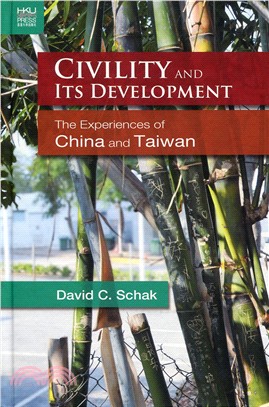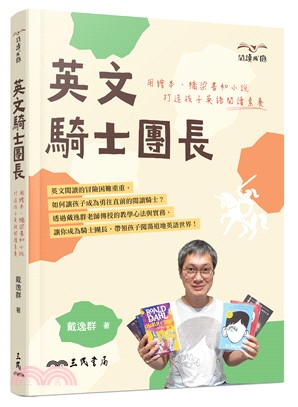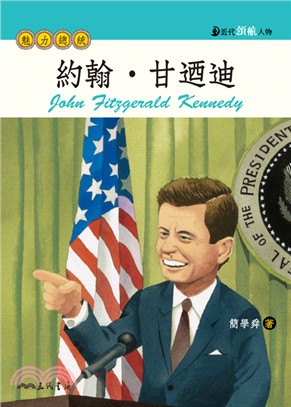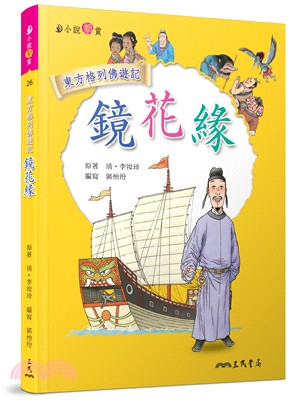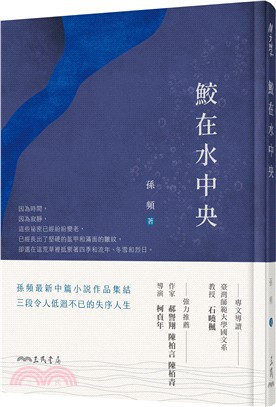Civility and Its Development:The Experiences of China and Taiwan
商品資訊
ISBN13:9789888455973
替代書名:公德心的含義與發展:以中國和台灣為例
出版社:香港大學出版社
作者:David C. Schak
出版日:2018/10/26
裝訂/頁數:精裝/199頁
規格:23.5cm*15.2cm (高/寬)
商品簡介
作者簡介
名人/編輯推薦
相關商品
商品簡介
The “ASEAN Way” is based on the principle of consensus; any individual member state effectively has a veto over any proposal with which it disagrees. Dividing ASEAN and Conquering the South China Sea analyzes how China uses its influence to divide ASEAN countries in order to prevent them from acting collectively to resolve their territorial disputes with China in the South China Sea. Using comparative case studies of China’s relations with Cambodia, the Philippines, and Myanmar, O’Neill argues that the regime type in the country with which China is interacting plays an important role in enhancing or constraining China’s ability to influence the governments of developing states within ASEAN and globally. Authoritarian institutions facilitate Chinese influence while democratic institutions inhibit that influence.
O’Neill argues that as long as ASEAN includes developing, authoritarian regimes, and given that the United States and other global powers are unlikely to risk any serious conflict over each push of China’s maritime boundaries, little by little, China will assert its sovereignty over the South China Sea. Nevertheless, noting the long-term, global trend of states democratizing, he contends that if China chooses to engage in more sophisticated bilateral politics, such as providing incentives to a broader range of interest groups in democratic states, then China will have more success in projecting its power globally.
O’Neill argues that as long as ASEAN includes developing, authoritarian regimes, and given that the United States and other global powers are unlikely to risk any serious conflict over each push of China’s maritime boundaries, little by little, China will assert its sovereignty over the South China Sea. Nevertheless, noting the long-term, global trend of states democratizing, he contends that if China chooses to engage in more sophisticated bilateral politics, such as providing incentives to a broader range of interest groups in democratic states, then China will have more success in projecting its power globally.
作者簡介
Daniel C. O’Neill is an associate professor of political science in the School of International Studies at the University of the Pacific. He publishes widely on the politics of economic globalization and the effects of political institutions on the choices of domestic actors.
名人/編輯推薦
“Professor O’Neill’s well-crafted and theoretically sound assessment of China successfully dividing ASEAN in pursuit of claims in the South China Sea also shows important variations in China’s regional influence dependent notably on the degree of authoritarianism and democracy in Southeast Asian governments.” ―Robert Sutter, professor of practice of international affairs, George Washington University
“There are plenty of books looking at various aspects of the South China Sea issue, but I am not aware of any that duplicates the approach of this book. It is a useful addition to our understanding, both of the specific issue and of the broader theoretical implications which it raises.” ―Richard Rigby, professor and executive director, China Institute, the Australian National University
“There are plenty of books looking at various aspects of the South China Sea issue, but I am not aware of any that duplicates the approach of this book. It is a useful addition to our understanding, both of the specific issue and of the broader theoretical implications which it raises.” ―Richard Rigby, professor and executive director, China Institute, the Australian National University
主題書展
更多
主題書展
更多書展今日66折
您曾經瀏覽過的商品
購物須知
為了保護您的權益,「三民網路書店」提供會員七日商品鑑賞期(收到商品為起始日)。
若要辦理退貨,請在商品鑑賞期內寄回,且商品必須是全新狀態與完整包裝(商品、附件、發票、隨貨贈品等)否則恕不接受退貨。



